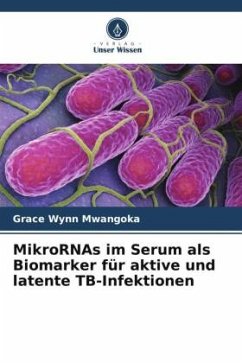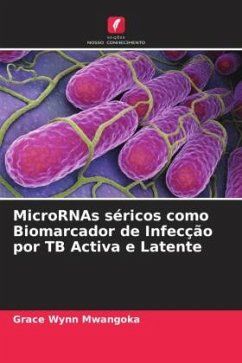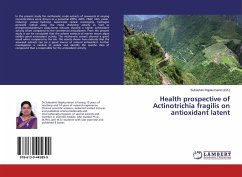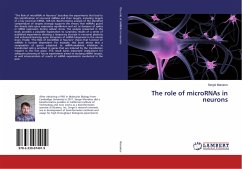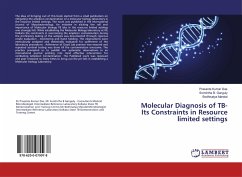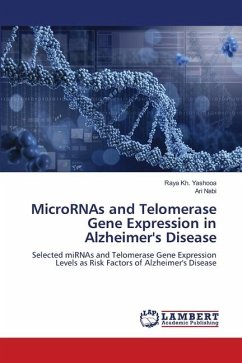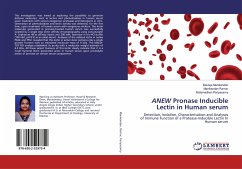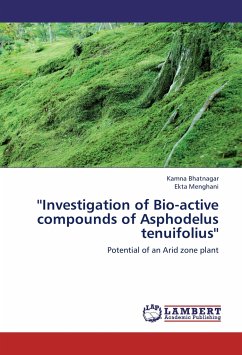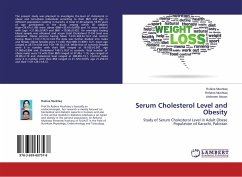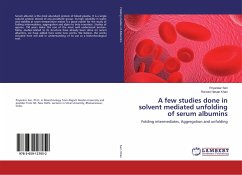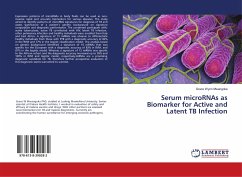
Serum microRNAs as Biomarker for Active and Latent TB Infection
Versandkostenfrei!
Versandfertig in 1-2 Wochen
19,99 €
inkl. MwSt.

PAYBACK Punkte
10 °P sammeln!
Expression patterns of microRNAs in body fluids can be used as non-invasive rapid and accurate biomarkers for various diseases. The study aimed to identify patterns of microRNA signatures for diagnosis of TB and assess significance of a patient's genetic background on signature composition and diagnostic performance. The consented participant with; active tuberculosis, active TB co-infected with HIV, latent TB infection, other pulmonary infection and healthy individuals were enrolled from Italy and East Africa. A signature of 15 miRNAs was observe to differentiate healthy individuals from thos...
Expression patterns of microRNAs in body fluids can be used as non-invasive rapid and accurate biomarkers for various diseases. The study aimed to identify patterns of microRNA signatures for diagnosis of TB and assess significance of a patient's genetic background on signature composition and diagnostic performance. The consented participant with; active tuberculosis, active TB co-infected with HIV, latent TB infection, other pulmonary infection and healthy individuals were enrolled from Italy and East Africa. A signature of 15 miRNAs was observe to differentiate healthy individuals from those with PTB with a diagnostic accuracy of 82% in the RVM and 77% in the logistic classification model. The analysis based on genetic background identified a signature of 10 miRNAs that was specific for the European with a diagnostic accuracy of 83% in RVM, and 81% in the logistic model. Whereas a signature of 12 miRNAs was specific to the African cohort and the diagnostic accuracy increased up to 95% and 100% in RVM and logistic model, respectively.miRNAs are a promising diagnostic candidate for TB, therefore further prospective evaluation of this diagnostic seems warranted to scientist.



